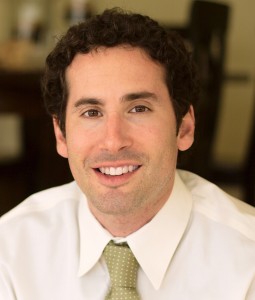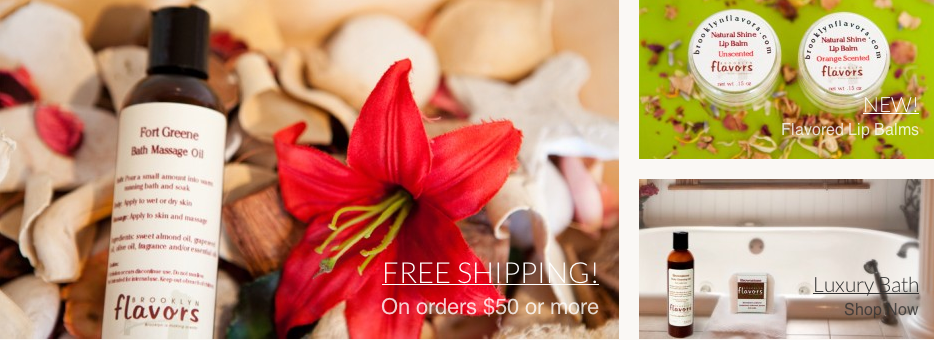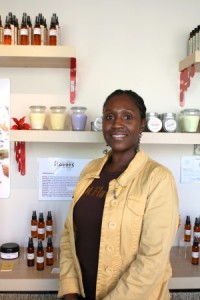By Susan Lutz
In the hospital, I waited for my son to get out of a simple procedure; we’d be home by the end of the day. I looked at the counter, hoping for some coffee. And, there it was. Packaged. Flavor injected. Plastic. The K-cup – the new, killer coffee that’s killing the coffee with its convenient, single-serving delivery system. Coffee drinkers loaded up and bought them, about 9 billion a year, filling a need we didn’t even know we had.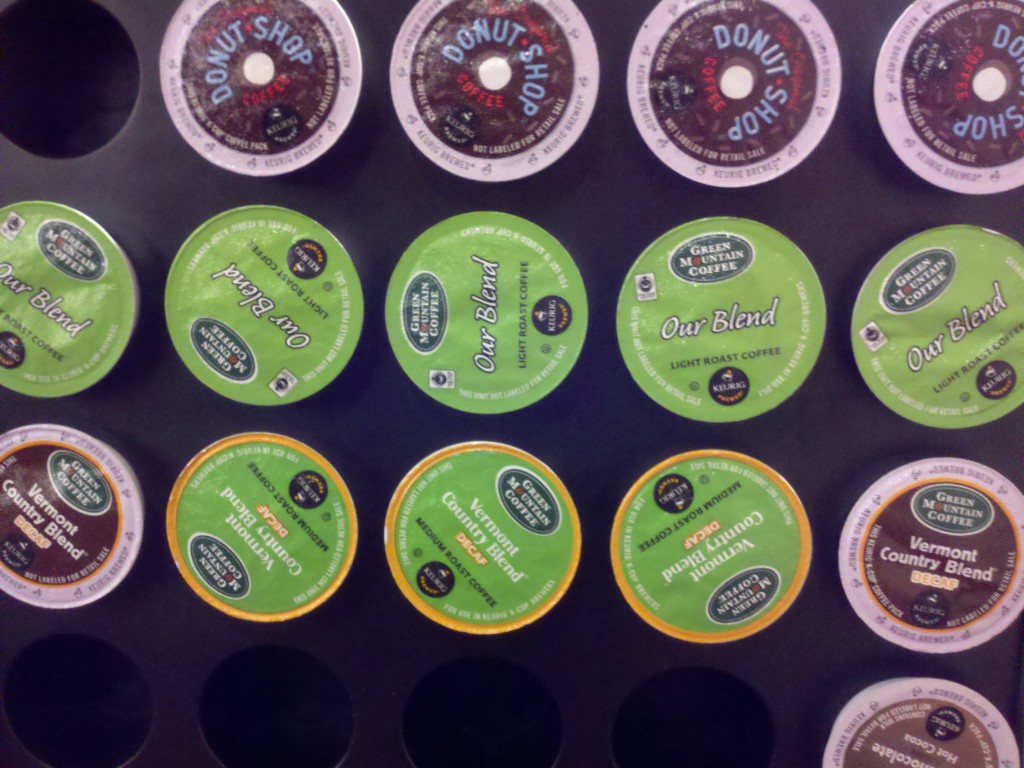
Billions of cups mean billions of little plastic, worthless-after-one use, go-in-the-trash cups. And the cost doesn’t seem to matter. Folgers coffee, in one of those K-cups, measures out to $50.00 a serving. For a few years, I owned a coffee shop; I wasn’t making that kind of margin. Even the priciest of coffees from the most exotic of places doesn’t garner that price.
The profit is not going to the farmers either. Is the coffee organic? Fair trade? Mostly no, though suppliers are putting out organic and fair trade. Our desire for this product is insatiable. I spent time with the people working the coffee fields. It’s a tough life. Many do not have medical coverage, are exposed to chemicals and treated poorly. Many are women and children. We love our coffee. We treat it almost as if it is a right rather than a privilege. Before the hospital waiting room, I had never seen these machines in action. I thought they were a  luxury. But, I lived in Central America where most things are luxuries, including roofs that don’t leak and enough food to feed a family.
luxury. But, I lived in Central America where most things are luxuries, including roofs that don’t leak and enough food to feed a family.
An hour went by as I waited for my son. I was hungry and the coffee looked so tempting. I put the K-cup into the spot, pushed a button and got just water. I walked down the hall to the bathroom and dumped out the water. I tried again and got the worst coffee I’d ever tasted. I went to the bathroom and dumped it out. When I threw away the little cup, I felt miserable. I had no coffee, I was in a hospital, and now I just added to the billions of little, non-recyclable trash mounding in landfills.
There’s a campaign to KILLTHEKCUP with a pretty intense video about the destruction of our planet from the killer K-cup. I saw an interview with Kevin Sullivan, chief technology officer at Keurig Green Mountain, maker of coffee machines on CBS Sunday Morning. He said the company was beginning to find ways to make the product recycle by 2020:
“We’ve been hard at work to solve that problem,” said Sullivan. “We introduced a system called Vue that has cups that are, in fact, recyclable. We have a company objective that everything will be recyclable by the year 2020. We certainly aren’t going to wait that long. I think we’re going to start that much sooner, and hopefully convert sooner than that.”
I was stunned. By 2020 the company will have little plastic k-cups that are recyclable? Do the math. Let’s say, for simplicity, 9 billion cups are sold a year, starting in 2015 and going until 2019 (we’ll just ignore the damage already done and we’ll ignore growth or decline in sales):
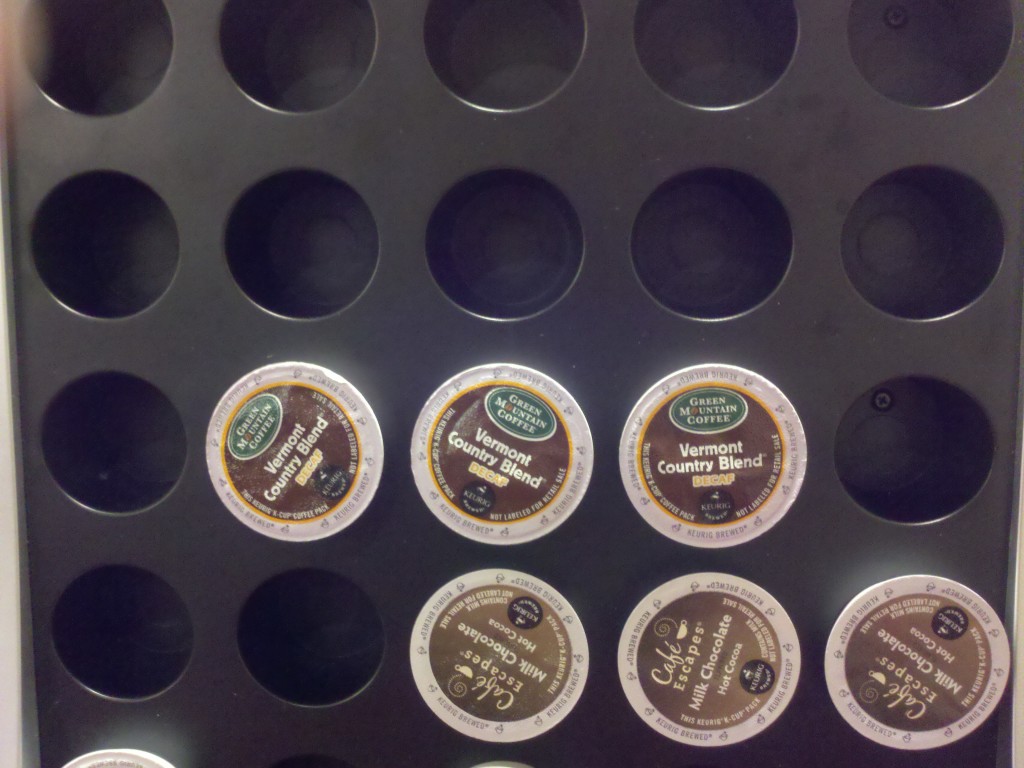 9 billion x 5 = 45 billion little, useless plastic cups filling up our needs to get something quick, fast, and with no regard for others. Getting the k-cup recyclable is, in this day and age, a non-negotiable item. But why after the fact? Why not create the product with some consciousness before the damage is done? Did Kevin Sullivan ever hear of climate change? We cause climate change in every choice we make. It’s not just the billowing smoke from factory smoke stacks. It’s us, our decisions to use or reuse or to choose sustainable with our spending power. There’s plenty of other single serving machines out there that cost the same or less than the Keurig coffee system. Are we that tight for time we can’t spend another minute tamping down a bit of coffee in a reusable machine?
9 billion x 5 = 45 billion little, useless plastic cups filling up our needs to get something quick, fast, and with no regard for others. Getting the k-cup recyclable is, in this day and age, a non-negotiable item. But why after the fact? Why not create the product with some consciousness before the damage is done? Did Kevin Sullivan ever hear of climate change? We cause climate change in every choice we make. It’s not just the billowing smoke from factory smoke stacks. It’s us, our decisions to use or reuse or to choose sustainable with our spending power. There’s plenty of other single serving machines out there that cost the same or less than the Keurig coffee system. Are we that tight for time we can’t spend another minute tamping down a bit of coffee in a reusable machine?
My son and I went home. He was sleepy, but up and playing like little kids do by early evening. I made a cup of coffee when I got home, a single, grounds-only, cup of coffee. It was worth the wait.



 luxury. But, I lived in Central America where most things are luxuries, including roofs that don’t leak and enough food to feed a family.
luxury. But, I lived in Central America where most things are luxuries, including roofs that don’t leak and enough food to feed a family. 9 billion x 5 = 45 billion little, useless plastic cups filling up our needs to get something quick, fast, and with no regard for others. Getting the k-cup recyclable is, in this day and age, a non-negotiable item. But why after the fact? Why not create the product with some consciousness before the damage is done? Did Kevin Sullivan ever hear of climate change? We cause climate change in every choice we make. It’s not just the billowing smoke from factory smoke stacks. It’s us, our decisions to use or reuse or to choose sustainable with our spending power. There’s plenty of other single serving machines out there that cost the same or less than the Keurig coffee system. Are we that tight for time we can’t spend another minute tamping down a bit of coffee in a reusable machine?
9 billion x 5 = 45 billion little, useless plastic cups filling up our needs to get something quick, fast, and with no regard for others. Getting the k-cup recyclable is, in this day and age, a non-negotiable item. But why after the fact? Why not create the product with some consciousness before the damage is done? Did Kevin Sullivan ever hear of climate change? We cause climate change in every choice we make. It’s not just the billowing smoke from factory smoke stacks. It’s us, our decisions to use or reuse or to choose sustainable with our spending power. There’s plenty of other single serving machines out there that cost the same or less than the Keurig coffee system. Are we that tight for time we can’t spend another minute tamping down a bit of coffee in a reusable machine?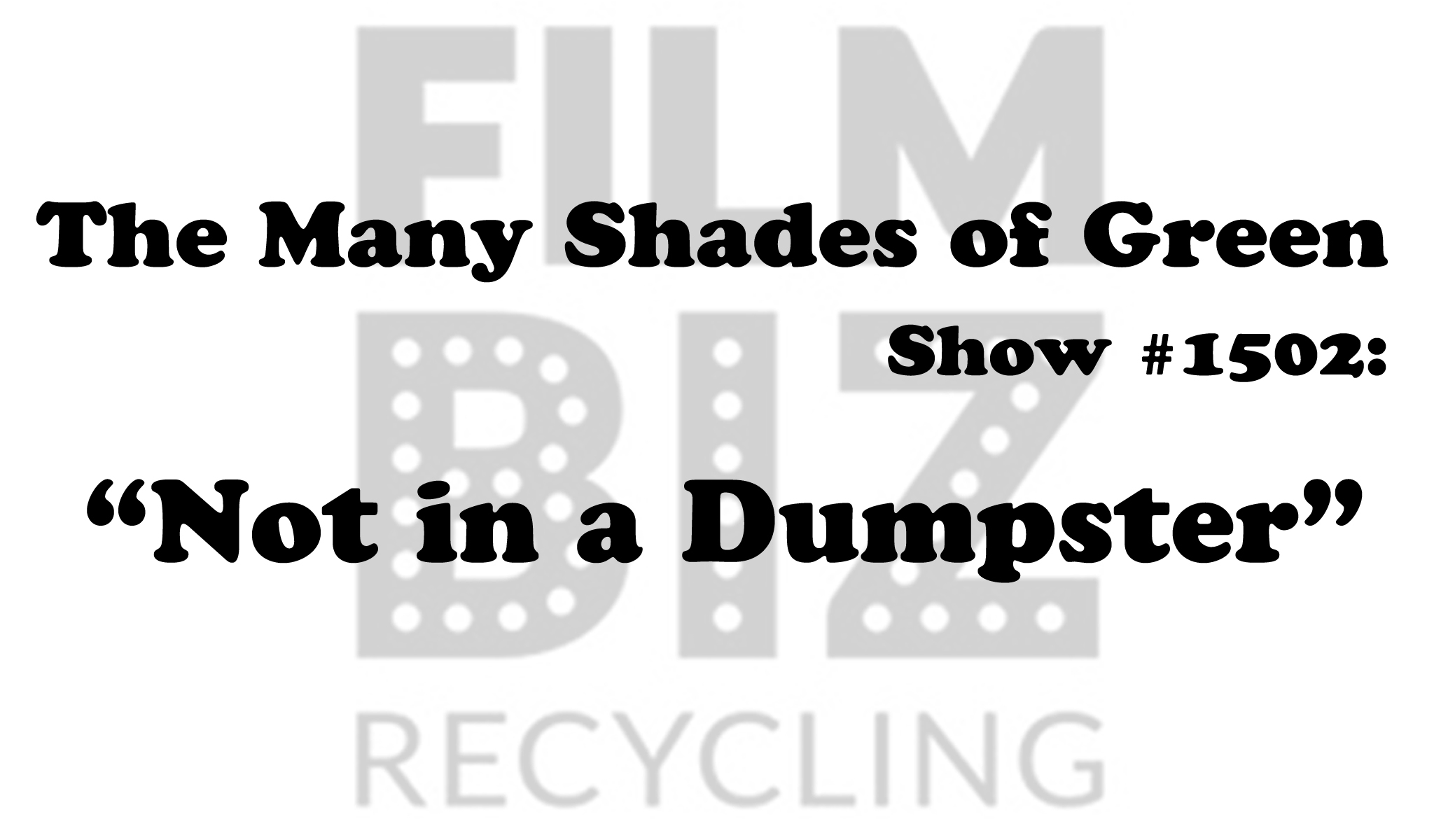
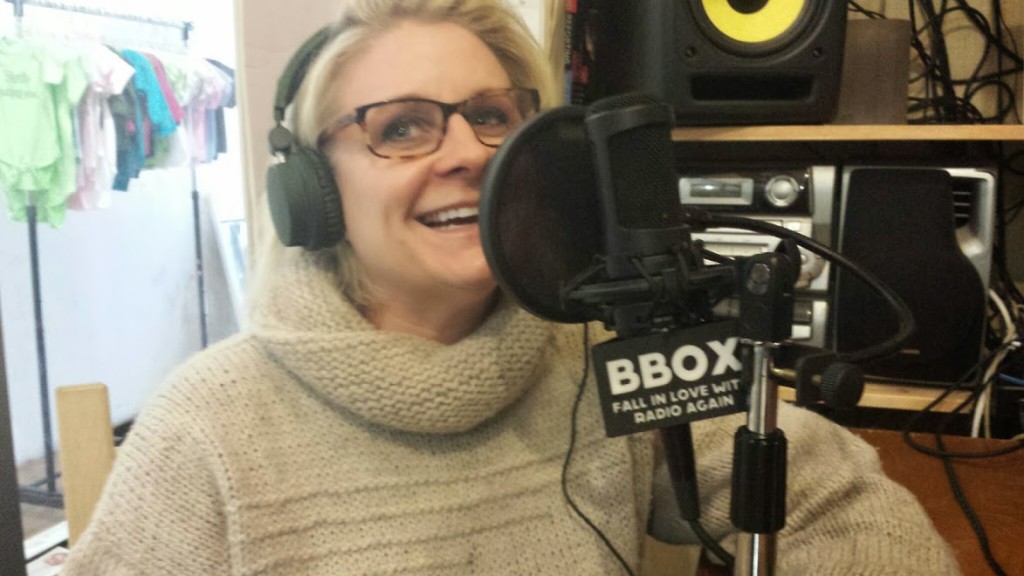 We welcome back friend of the show, and a super green human, Eva Radke, founder of Film Biz Recycling, an organization that diverts set materials from film, television and theatre, and recycles, reuses, redistributes and re-purposes those items. “Not in a Dumpster” is the mantra of Film Biz Recycling, and there are exciting new projects which are on the horizon for the coming year. The prop shop is a great place to find clothes, furniture and collectibles that have been used to dress sets such as 30 Rock, Gossip Girls, The Amazing Spiderman 2 and many more. To find out all the great things
We welcome back friend of the show, and a super green human, Eva Radke, founder of Film Biz Recycling, an organization that diverts set materials from film, television and theatre, and recycles, reuses, redistributes and re-purposes those items. “Not in a Dumpster” is the mantra of Film Biz Recycling, and there are exciting new projects which are on the horizon for the coming year. The prop shop is a great place to find clothes, furniture and collectibles that have been used to dress sets such as 30 Rock, Gossip Girls, The Amazing Spiderman 2 and many more. To find out all the great things 
 By
By 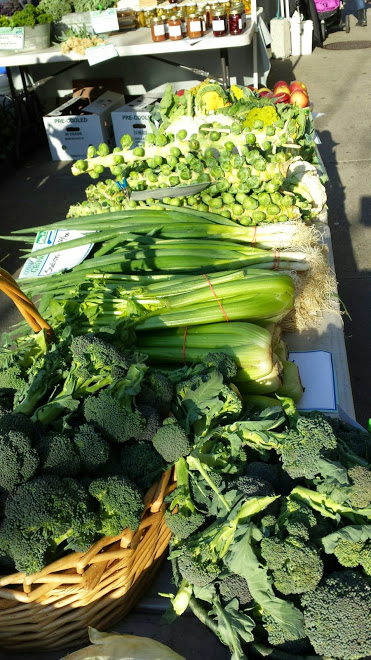 Long story short, America’s reckless agricultural techniques and lack of quality governmental oversight has created a situation in which Americans are falsely assured by their own government about the safety of their food. It is a situation that still has its solutions though. What we need is mass education which will contribute to a snowballing in consumer awareness about the importance of the local and sustainable food movement. It has started to take hold around the world but with EVERONE’S help, we will begin to change. Their have been sparks of change so far, but we need to keep the passion strong to get the fire roaring. As we eat locally and buy from small farms, food becomes much healthier, less mysterious, and more tasty. While food transportation costs and emissions are reduced, air becomes cleaner in cities and communities become stronger through community farms and other
Long story short, America’s reckless agricultural techniques and lack of quality governmental oversight has created a situation in which Americans are falsely assured by their own government about the safety of their food. It is a situation that still has its solutions though. What we need is mass education which will contribute to a snowballing in consumer awareness about the importance of the local and sustainable food movement. It has started to take hold around the world but with EVERONE’S help, we will begin to change. Their have been sparks of change so far, but we need to keep the passion strong to get the fire roaring. As we eat locally and buy from small farms, food becomes much healthier, less mysterious, and more tasty. While food transportation costs and emissions are reduced, air becomes cleaner in cities and communities become stronger through community farms and other 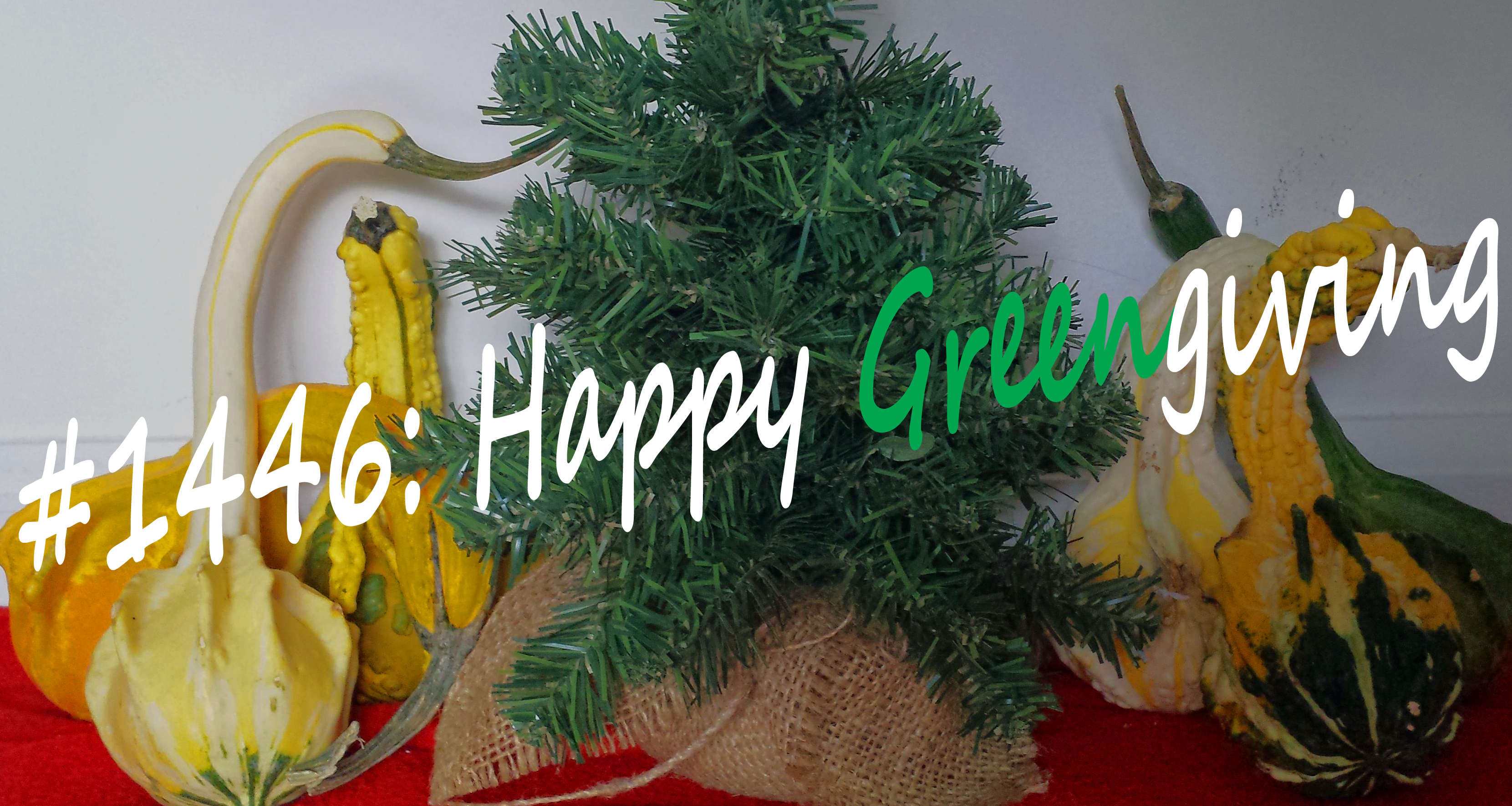
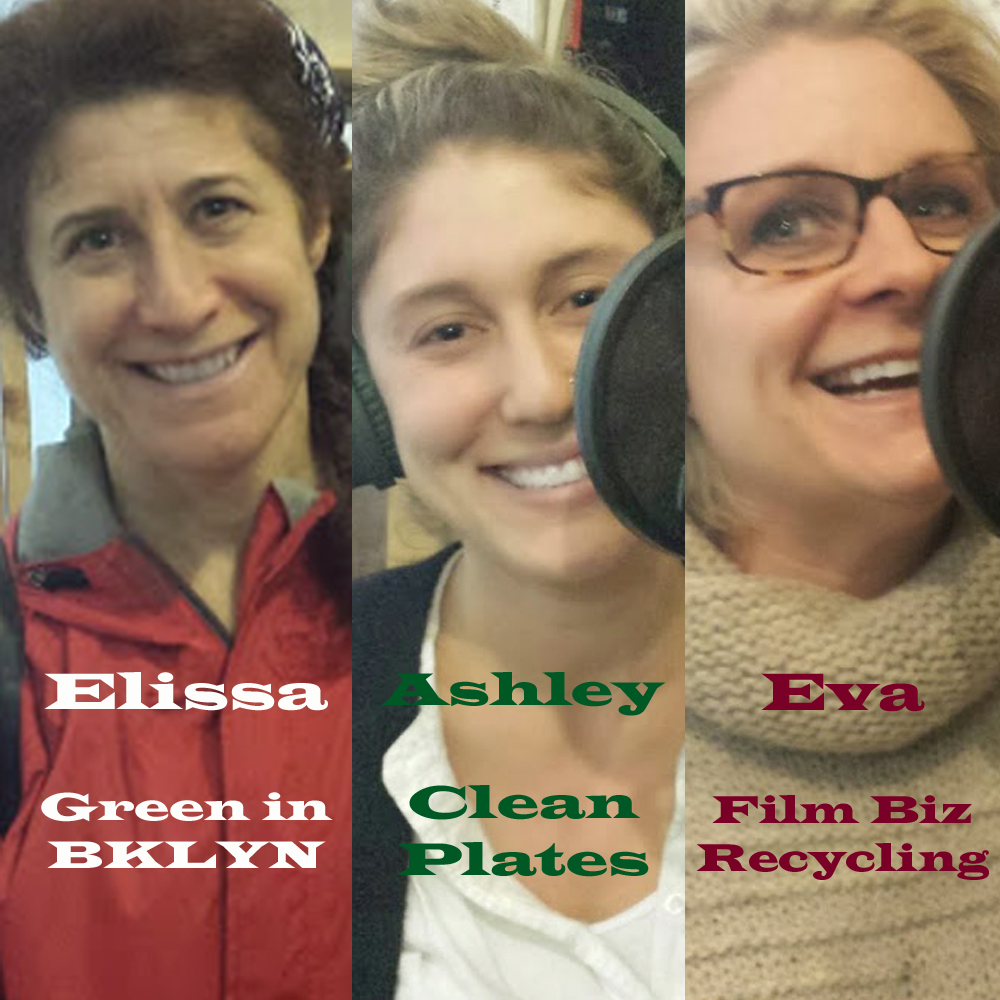
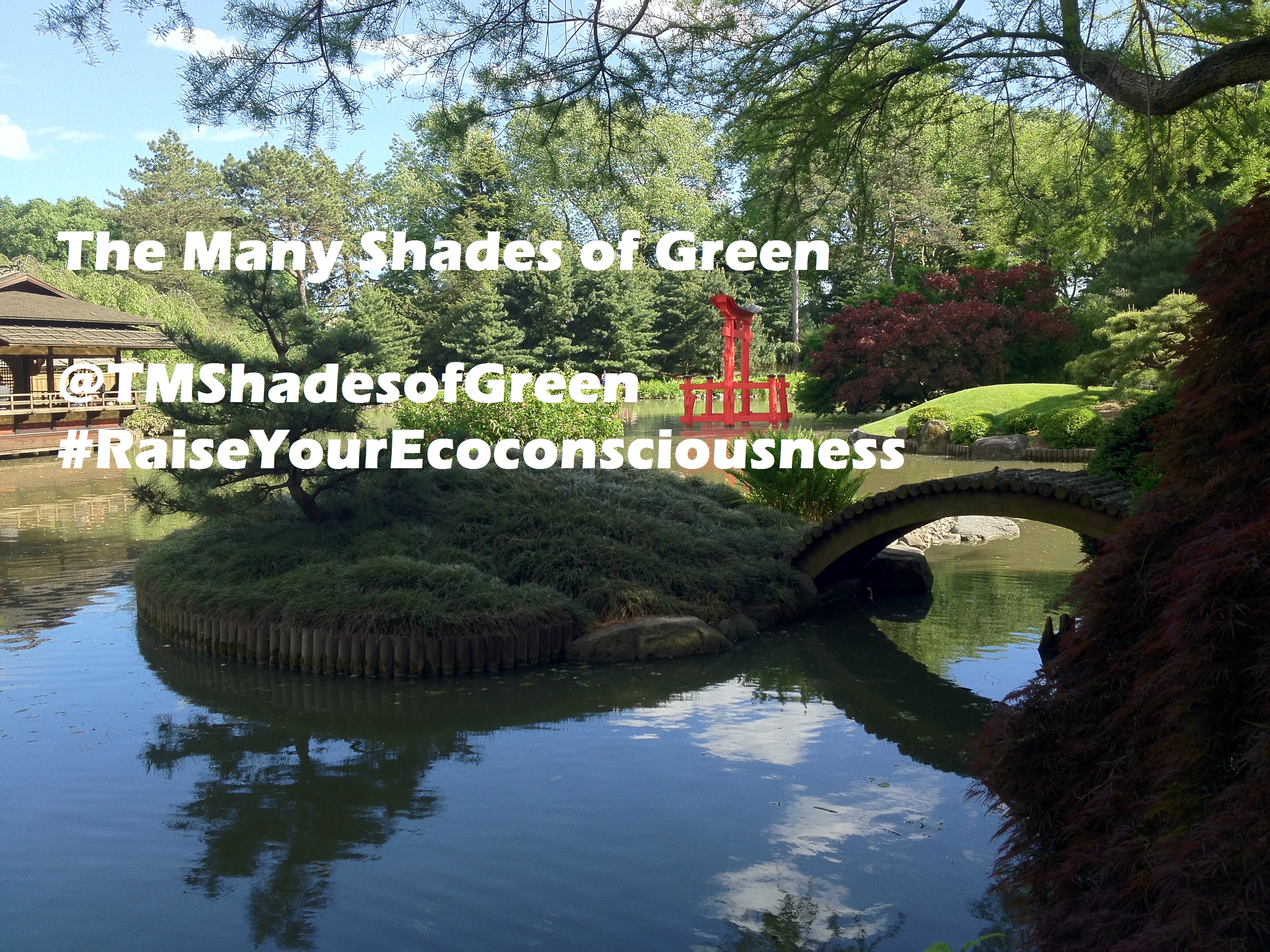
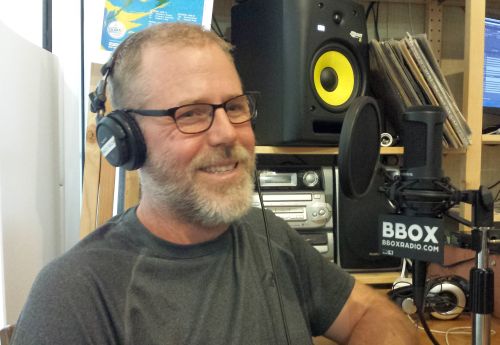 A river runs through it, and it is up on the roof. Tune in to find out how my guest Gennaro Brooks-Church, Director of EcoBrooklyn, created a river on a roof, which uses gray water and rain water filtration systems to cut down on water use, while creating a beautiful waterscape. We also discuss ways to keep your home more energy efficient, by using less waste, via reusable materials and installing passive heating and cooling systems. Water is a precious commodity, and we talk about the sewage/water issues affecting the neighborhoods closest to the Gowanus Canal. Gennaro is building green to keep his “Build It Forward” mantra alive for future generations. For more info go to www.ecobrooklyn.com
A river runs through it, and it is up on the roof. Tune in to find out how my guest Gennaro Brooks-Church, Director of EcoBrooklyn, created a river on a roof, which uses gray water and rain water filtration systems to cut down on water use, while creating a beautiful waterscape. We also discuss ways to keep your home more energy efficient, by using less waste, via reusable materials and installing passive heating and cooling systems. Water is a precious commodity, and we talk about the sewage/water issues affecting the neighborhoods closest to the Gowanus Canal. Gennaro is building green to keep his “Build It Forward” mantra alive for future generations. For more info go to www.ecobrooklyn.com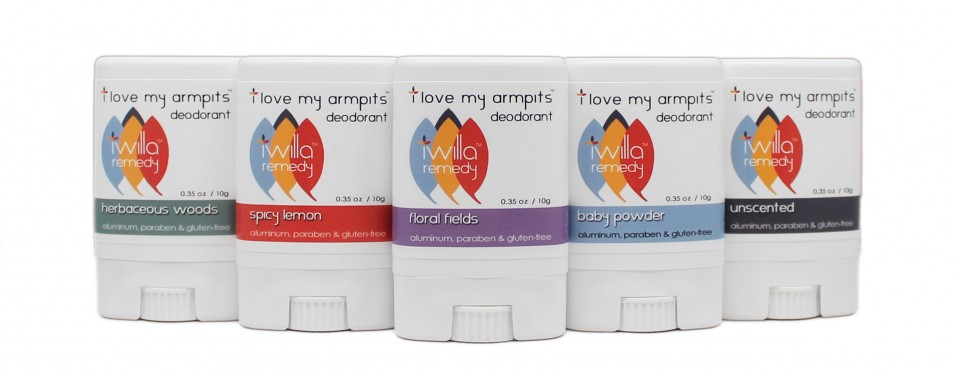
 Body care with a purpose is how my guests Selima and Tami Lust describe their natural beauty/body care company, Iwilla Remedy. Handcrafted in Brooklyn via a social partnership with Brooklyn Community Services, Iwilla Remedy has a line of products that are plant based and paraben free. Tami and Selima took first place in the 2013 PowerUp Business Plan Competition sponsored by the Brooklyn Public Library. Connecting business and community makes for a very special company, that prides itself on combining excellent product with social responsibility. So lavish yourself in some lavender oils and be one with nature. For more information visit
Body care with a purpose is how my guests Selima and Tami Lust describe their natural beauty/body care company, Iwilla Remedy. Handcrafted in Brooklyn via a social partnership with Brooklyn Community Services, Iwilla Remedy has a line of products that are plant based and paraben free. Tami and Selima took first place in the 2013 PowerUp Business Plan Competition sponsored by the Brooklyn Public Library. Connecting business and community makes for a very special company, that prides itself on combining excellent product with social responsibility. So lavish yourself in some lavender oils and be one with nature. For more information visit 
